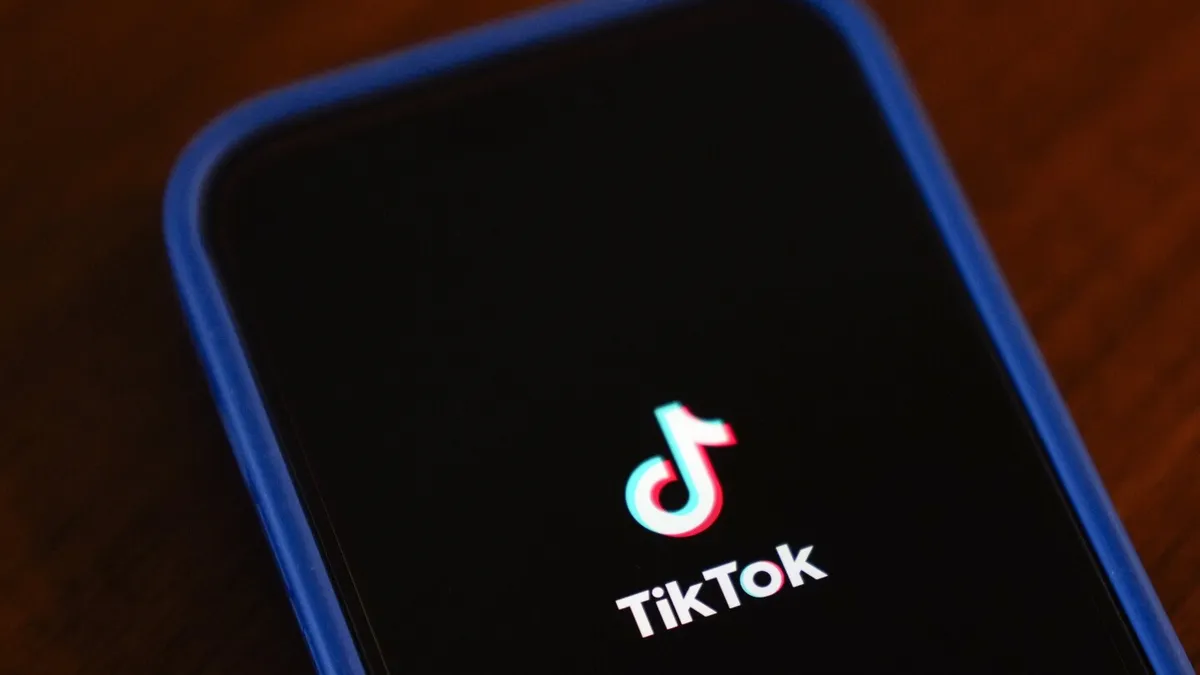
In a significant move, President Donald Trump signed an executive order on Thursday that allows TikTok to continue its operations in the United States for an additional 90 days. This extension aims to provide the Trump administration with more time to negotiate a deal that would transition the popular social media platform to American ownership. The announcement was made public via Trump's Truth Social platform on Thursday morning.
White House press secretary Karoline Leavitt emphasized that "President Trump does not want TikTok to go dark." The 90-day extension will enable the administration to work diligently towards finalizing a deal, ensuring that American users can continue utilizing TikTok with the confidence that their data remains safe and secure. This marks the third occasion on which Trump has extended the TikTok deadline.
The first extension occurred on January 20, the day Trump took office, following a brief suspension of the platform due to a national ban that had congressional approval and was upheld by the U.S. Supreme Court. The second extension took place in April when officials believed they were close to a deal that would see TikTok spun off into a U.S.-owned entity. However, this effort collapsed after China withdrew its support in response to Trump's tariff announcement.
It remains uncertain how many times Trump can continue extending the TikTok deadline, especially as the government aims to negotiate a satisfactory agreement with ByteDance, TikTok's Chinese parent company. Notably, there is currently no clear legal foundation for these extensions, yet they have not faced any legal challenges thus far.
Since joining TikTok last year, Trump has gained over 15 million followers on the platform, attributing much of his appeal among younger voters to TikTok's influence. He has previously expressed a “warm spot for TikTok,” indicating his appreciation for the platform.
In response to the extension, TikTok expressed gratitude for Trump's leadership, stating, “We are grateful for President Trump’s leadership and support in ensuring that TikTok continues to be available for more than 170 million American users and 7.5 million U.S. businesses that rely on the platform.” The company is committed to collaborating with the office of Vice President Vance as negotiations continue.
Despite ongoing extensions, the likelihood of a TikTok ban in the U.S. appears to diminish. The executive order has faced scrutiny, although it has not been challenged in court — a stark contrast to many of Trump’s other executive actions. Analyst Jeremy Goldman from Emarketer described TikTok's current situation as a “deadline purgatory,” likening it to a recurring political drama reminiscent of the debt ceiling debates.
Despite the uncertainty, TikTok is advancing its platform. According to Forrester analyst Kelsey Chickering, the company’s recent rollout of new AI video tools at the Cannes event showcases its confidence in a stable future. Chickering suggests that competitors like Snap may attempt to capture market share during this uncertain period, but are unlikely to succeed, as TikTok's position remains strong.
As TikTok continues to operate for its 170 million U.S. users, major tech companies like Apple, Google, and Oracle have agreed to maintain support for the app. This assurance was made on the condition that Trump’s Justice Department would refrain from imposing significant legal penalties against them.
Public sentiment toward TikTok has become increasingly divided. A recent survey by the Pew Research Center revealed that approximately one-third of Americans support a TikTok ban, a decrease from 50% in March 2023. Conversely, a similar proportion of respondents opposed a ban, while the remaining third remained uncertain. Among those in favor of a ban, 80% cited concerns regarding data security as a primary reason for their stance.
Democratic Senator Mark Warner of Virginia, who serves as vice chair of the Senate Intelligence Committee, criticized the Trump administration for allegedly disregarding legal frameworks and national security findings related to the risks posed by a China-controlled TikTok. He asserted that an executive order cannot bypass the law, condemning the president's approach as an attempt to do just that.